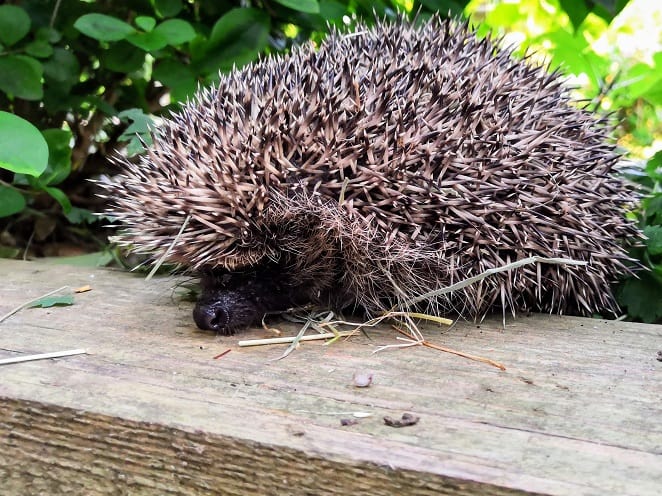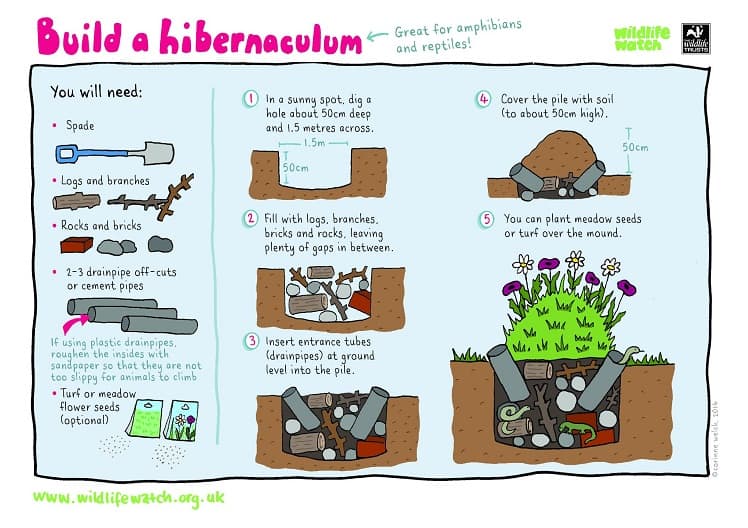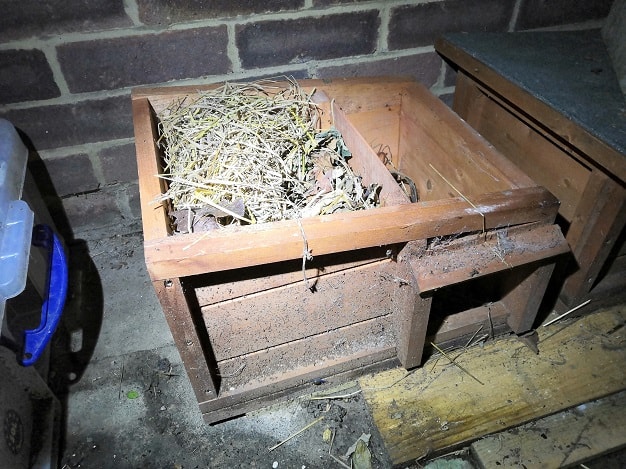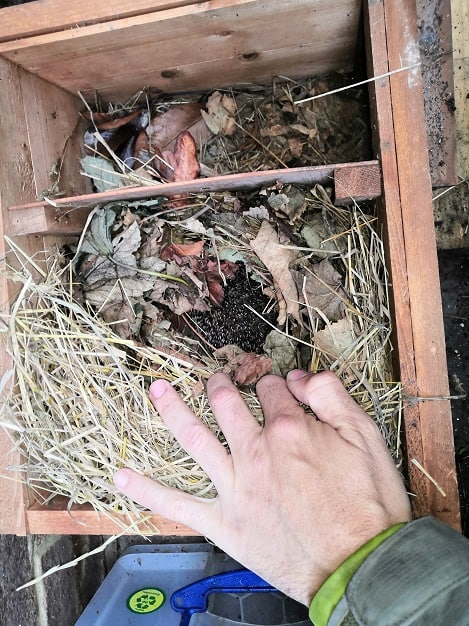
Thanet nature expert Nik Mitchell, from Minster, runs the Wildlife Conservation in Thanet page on facebook:
How about sleeping through all the short, dark, cold days of winter?
For those of us who don’t like these darkening, cold days, the idea of hiding away until spring sounds like a good one. This is exactly what hedgehogs do and there may be one planning to hibernate in your garden!
Hedgehogs are a native of the UK and are our only mammal that is covered in spines. They usually hibernate from October/November through to March/April. But during our milder winters, hedgehogs can remain active well into November and December.

Our prickly friends are one of only three mammals that hibernate in the UK (dormice and bats being the other two) Usually, hedgehogs hibernate for a period of around four months. They need to find somewhere dry and secure to do so. This may be under a shed, in a hole, log pile, in a hedge or in a purpose-built hedgehog house.

A shelter occupied during the winter by a dormant animal is called a hibernaculum and you can actually build one in your garden if you like. Bonfires are irresistible to hedgehogs looking for a place to hibernate so please check them before you light them.
For hibernation hedgehogs actually drop their body temperature to match their surroundings and enter a state of torpor. This allows hogs to save a lot of energy. On some occasions hedgehogs can be seen out and about during winter changing nesting sites. It’s unusual to see a hedgehog around during winter, so if you do see one and it looks unwell, it might need a helping hand. Check out Deal Hedgehog Rescue https://www.facebook.com/groups/439978296406136/

In spring when the hogs emerge, they would have potentially lost a third of the body weight, so it’s important they build up their body fat ready for the mating season around about may.
Hedgehogs desperately need our help in fact they are classified as vulnerable to extinction.

Here’s some things you can do to help them.
- Create ‘Hedgehog Highways’ (access holes) between gardens, A hedgehog highway is a 13cm x 13cm hole in your fence (or a channel beneath garden boundaries)
- Create piles of logs, twigs or leaves in your garden
- Don’t use slug pellets and pesticides
- Hedgehogs are a natural ‘pest controller’ and eat slugs, so avoid using slug pellets and other pesticides in your garden that can poison hedgehogs
- Check long grass before using strimmers
- Get a hedgehog house
- Leave out some food kitten food or you can buy actual hedgehog food
- Visit www.hedgehogstreet.org for more information on how you can help

